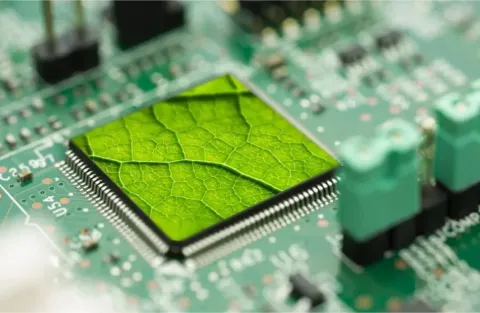- 10 results found
- (-) At user's premises
- Clear filter
Certification of Artificial Intelligence Management System (AIMS) of ISO/IEC 42001
The ISO/IEC 42001 is a global standard that provides a robust framework and structure within which AI systems can be developed, deployed and used responsibly. It sets out requirements and recommendations for establishing, implementing, maintaining and continuously improving an AI management system within the context of an organisation. Key controls included in the standard are risk management, AI impact assessment, system lifecycle management, performance optimisation, and supplier management. Its aim is to help organisations: Develop or use AI responsibly, Meet applicable regulatory requirements, and * Meet stakeholders' obligations and expectations. In this way, it provides concrete support to companies in optimising the use of AI by guaranteeing a level of control and confidence in the systems developed. Customers concerned: consulting firms; solution or application developers; integrators; companies integrating AI solutions purchased on the market or developed in-house into your offerings; competent authorities (decision-makers, regulators). Webinar: https://www.lne.fr/fr/webinars/iso-42001-certification-ia-lne-s Technical documentation (FR): https://www.lne.fr/sites/default/files/bloc-telecharger/FTC-ISO-42001-LNE.pdf
Evaluation of technical and regulatory aspects for robotic devices or AI systems
No matter the stage in your product's life cycle, LNE supports your project with any required study or regulatory assistance. This service provides you with the know-how of its AI evaluation teams through a range of expertise to answer your needs of understanding the normative landscape and related testing possibilities. Our specialised technical and regulatory service delivers a meticulous evaluation of your robotic device or AI-based software, highlighting critical areas of concern and optimising compliance with European regulation (e.g., AI Act, Machine Regulation, Cyber Resilience Act, ...) and industry standards (ISO 18497, IEC 61508, ...). LNE offers tailored support throughout your product’s life cycle, utilising our expertise to address industrial challenges. Related to your AI or robotic solution, we will investigate and report the standards identified and their requirements to help you better understand and implement them. This service can optionally propose a blank audit to assess any discrepancies and implement corrective actions before certification. Visit the Website for more information.
